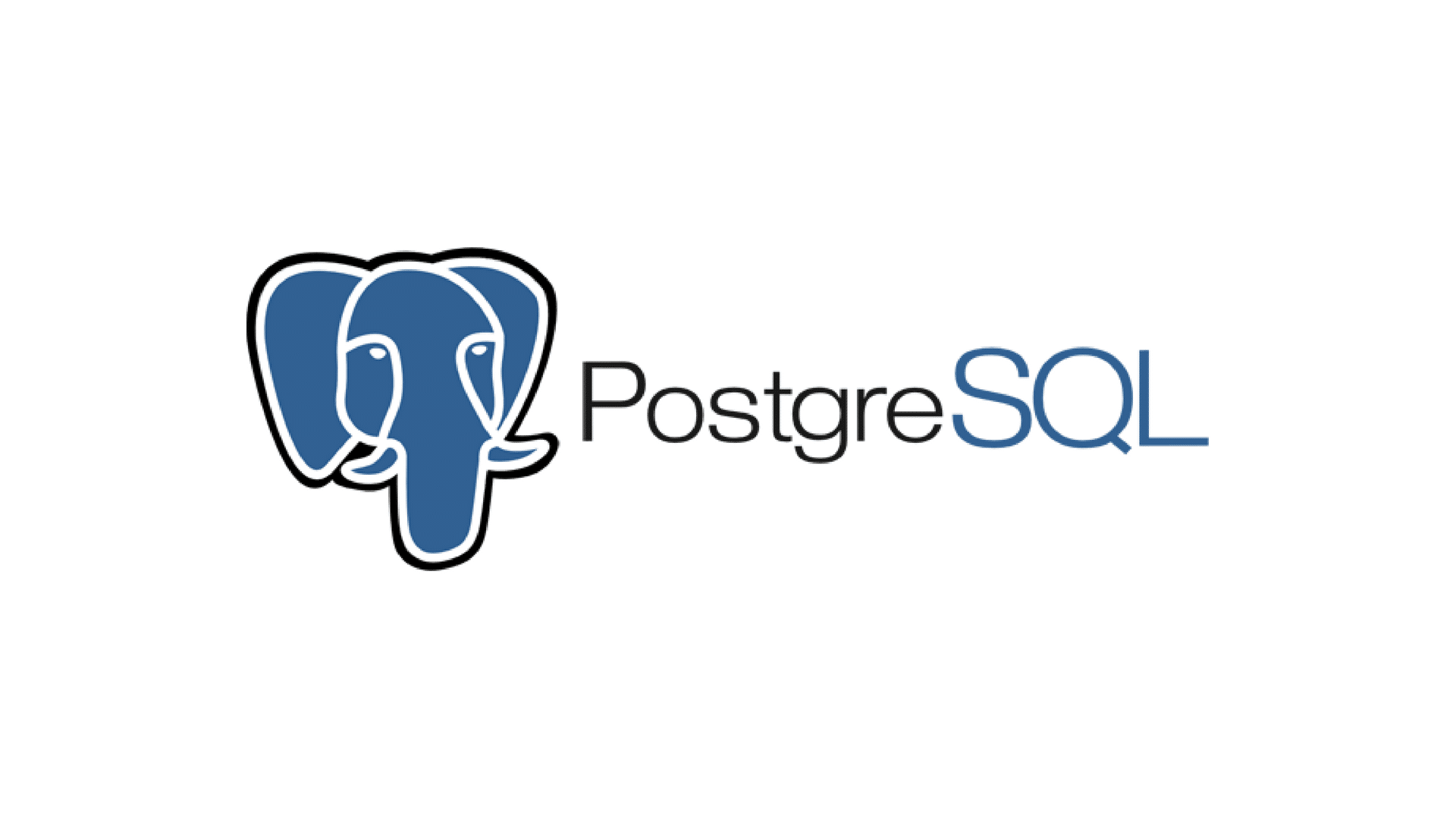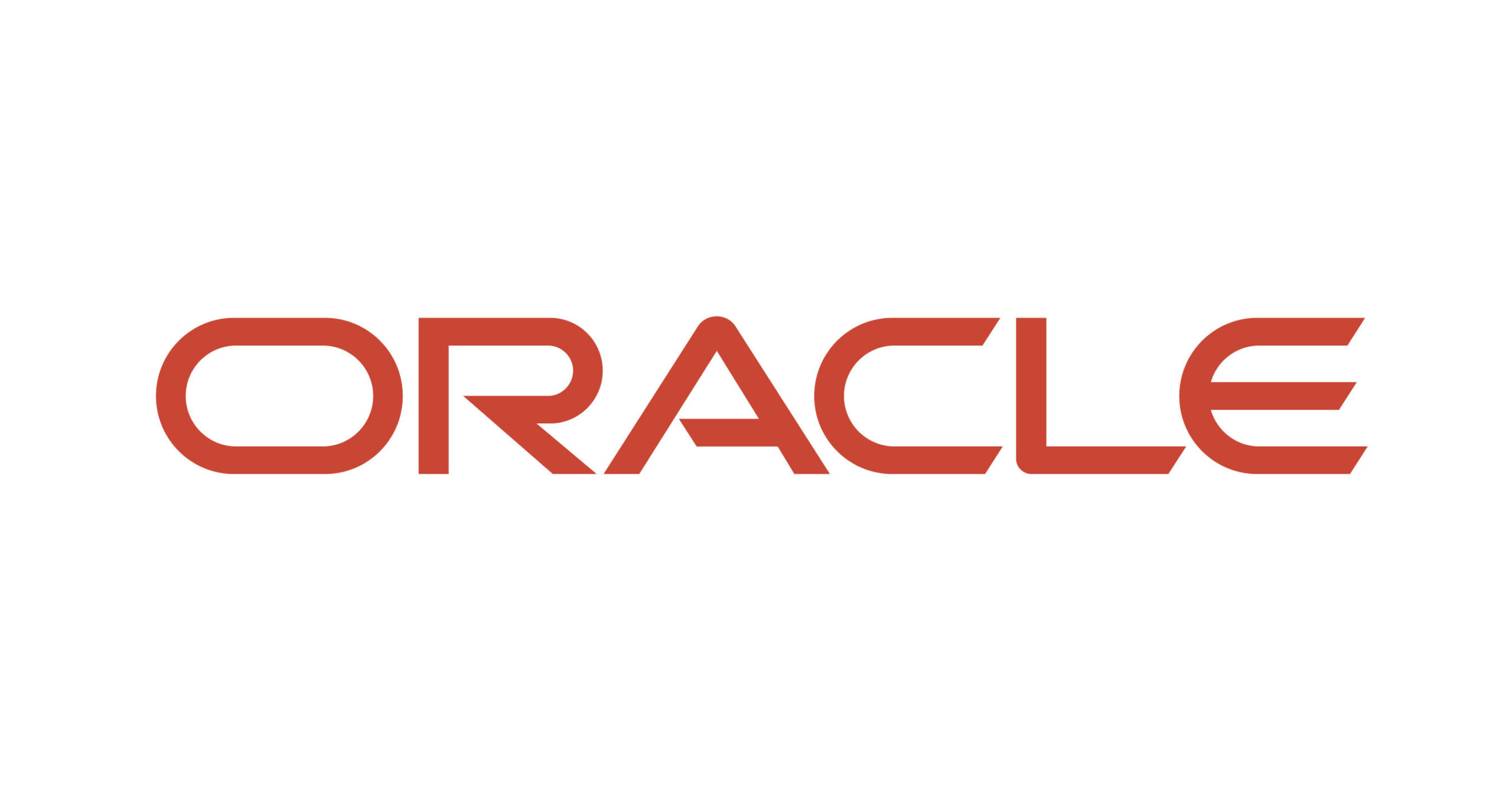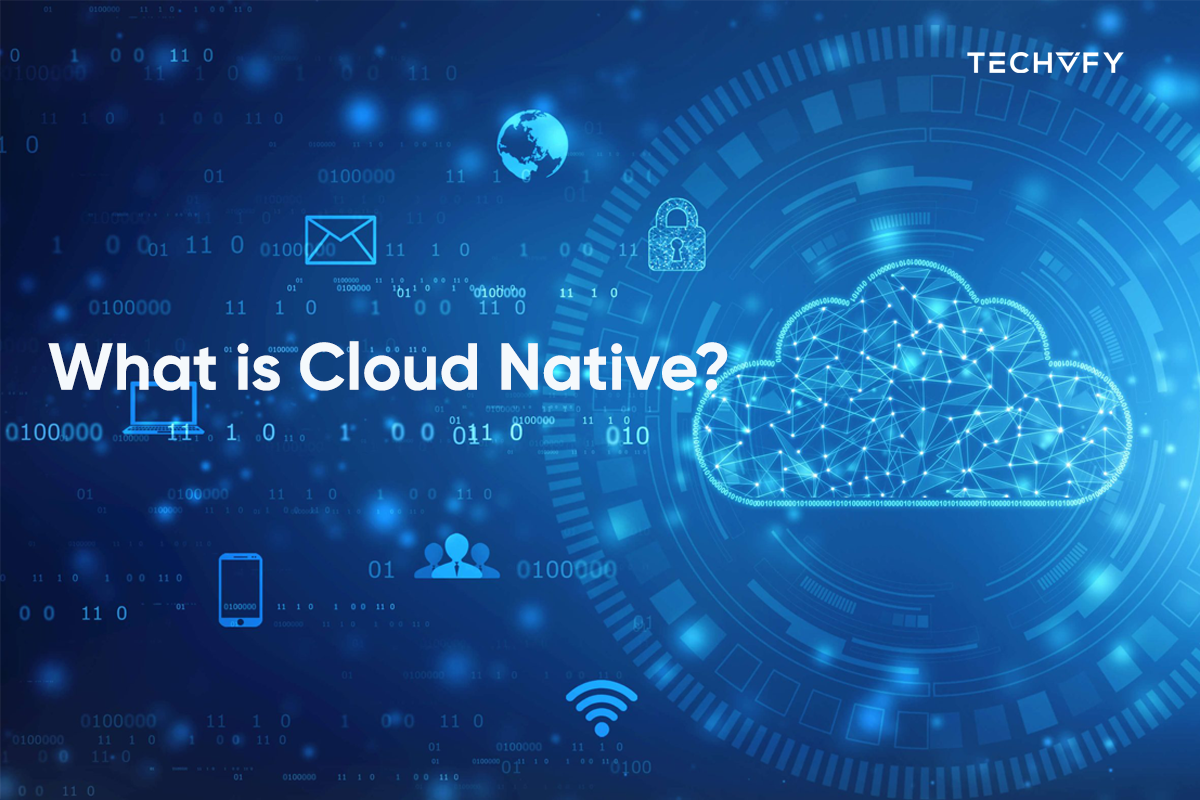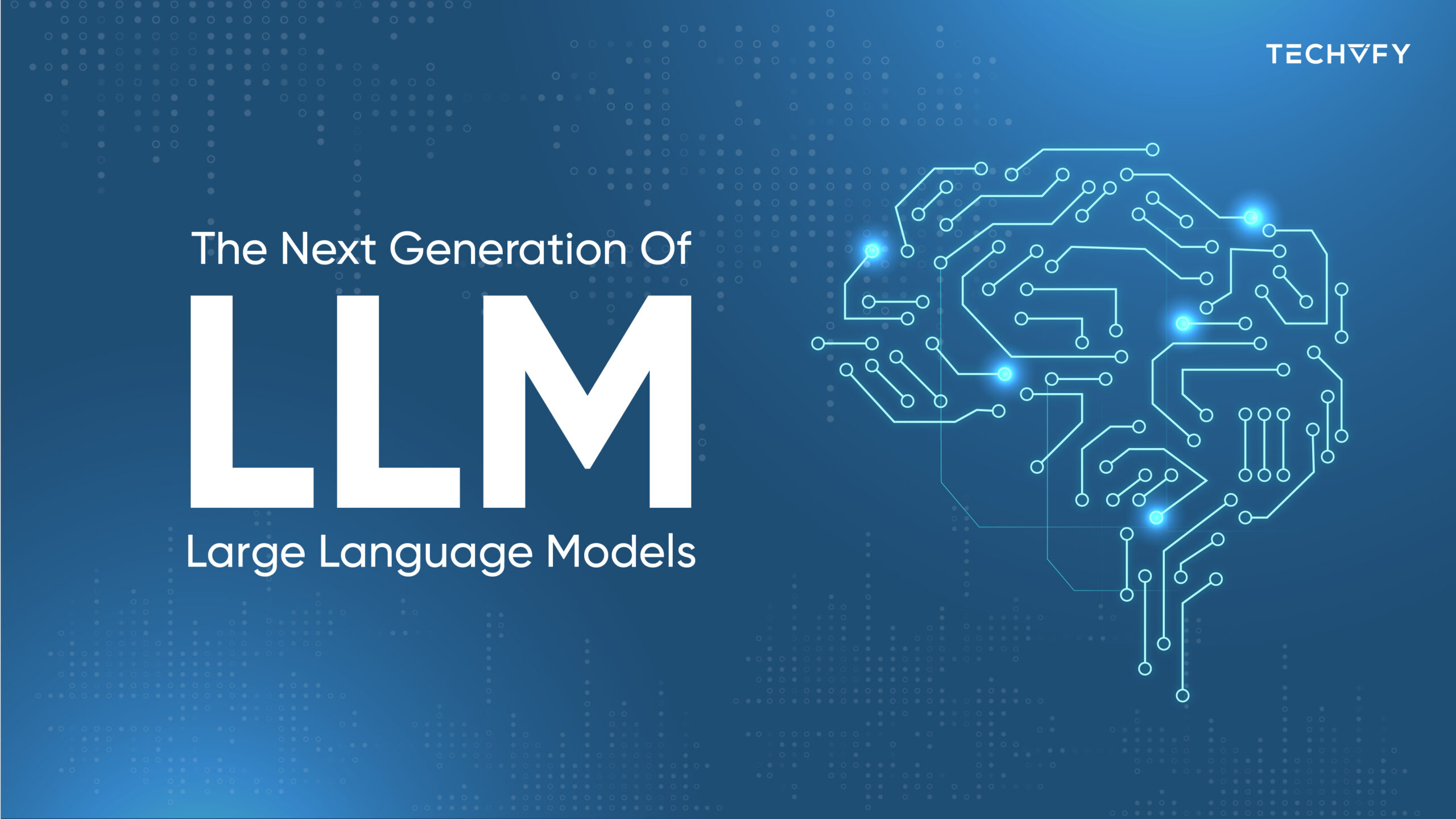An In-Depth Look at PostgreSQL vs. Oracle for Database Management
- David Ho
- 0 Comments
PostgreSQL and Oracle share many similarities when considering databases, but choosing the right one depends on your specific requirements. Both are excellent choices for managing large datasets securely and efficiently. However, knowing the differences between PostgreSQL vs. Oracle is essential to choosing the right one for your needs.
In this article, we’ll explore the difference between Oracle and PostgreSQL to help you decide which database system aligns with your business objectives.
Overview of PostgreSQL and Oracle
What Is PostgreSQL?
PostgreSQL, also known as Postgres, is an advanced, open-source object-relational database system, often highlighted in discussions of PostgreSQL vs. Oracle for its robustness, scalability, and flexibility. Developed and maintained by a vibrant community, PostgreSQL supports many applications, from single-machine operations to web services with many concurrent users.

Features:
- Open Source: Free for modification and distribution, fostering a large, active community.
- Data Type Support: Extensive support for a variety of data types including primitive, structured, document, and geometry types.
- SQL Compliance: Advanced compliance with SQL for complex queries, foreign keys, triggers, views, and stored procedures.
- Concurrency and Reliability: Utilizes Multi-Version Concurrency Control (MVCC) for data integrity and supports multiple transactions simultaneously.
- Extensibility: Enables users to create their own data types and functions and write code in different programming languages.
- Security: Features strong encryption, role-based access control, row-level security, and multi-factor authentication mechanisms.
- Performance and Scalability: Offers table partitioning, parallel query support, and optimization features for handling large volumes of data and high traffic.
- Internationalization: Supports international character sets and multibyte character encodings for global applications.
What is Oracle?
Oracle Database, often known as Oracle, is a versatile database management system created and distributed by the Oracle Corporation, central to the PostgreSQL vs. Oracle Database debate for its comprehensive features and reliability. It is known for its extensive features, data integrity, and reliability, catering to large-scale enterprises and complex applications. Oracle stands out for its ability to efficiently manage, store, and retrieve data in a highly secure environment, making it a cornerstone for critical business operations worldwide.

Features:
- Multi-Model Support: Accommodates various data models including relational, JSON, and XML.
- Advanced Security: Features include encryption, access control, and auditing to safeguard data.
- High Availability: Utilizes Real Application Clusters (RAC) and Data Guard for continuous operation and disaster recovery.
- Cloud Integration: Supports seamless transition and integration with cloud environments.
- PL/SQL Language: Extends SQL with procedural capabilities for complex data processing.
- Data Warehousing: Provides tools for efficient data analysis and business intelligence.
- Management Tools: Offers comprehensive tools for database administration and application development.
- Scalability and Performance: Tailored for high transaction rates and large datasets, with features to enhance performance.
Check out our latest articles about databases:
Differences Between PostgreSQL vs. Oracle
| Feature | PostgreSQL | Oracle |
|---|---|---|
| Type | Open-source | Closed source (for commercial use) |
| Cost | Free | Paid, with various licensing fees |
| Performance | High performance with complex queries and large databases; performance can vary based on workload and tuning. | Superior performance for a broad spectrum of tasks, often optimized for high-volume, high-transaction environments. |
| Replication | Built-in logical replication and third-party tools for physical replication. | Advanced replication capabilities with Data Guard for physical standby databases and GoldenGate for logical replication. |
| Partitioning | Supports table partitioning for large tables to improve performance. | Offers more advanced partitioning features, allowing for complex partitioning strategies to enhance performance and manageability. |
| Security | Strong security features with role-based access control, row-level security, and data encryption. | Comprehensive security features including advanced encryption, fine-grained access control, Virtual Private Database, and Database Vault. |
| Customization and Extensibility | Highly extensible with support for custom data types, functions, and more. Encourages community-driven plugins and extensions. | Extensible, with many features and options available out of the box. Offers proprietary extensions and tools for customization. |
| Community Support | Large and active community support, with extensive documentation and third-party tools available. | Supported by Oracle Corporation with professional support services available. The community and third-party support exist but are influenced by the commercial nature of the product. |
| Cloud Integration | Offers cloud versions through third-party cloud providers. | Strong cloud integration with Oracle Cloud, providing a seamless cloud experience with additional features like Autonomous Database. |
| Ease of Use | Generally considered user-friendly with a focus on standards compliance and simplicity. | Comprehensive features can introduce complexity, but Oracle provides extensive documentation and management tools. |
Oracle or PostgreSQL, Which is Better?
Choosing between Oracle and PostgreSQL, or understanding the PostgreSQL vs Oracle query differences comes down to what you need, how you plan to use it, and what your organization requires.
Oracle brings high-level features. Oracle is better than PostgreSQL for some because it can grow with your business, offers strong security and direct support from the company, and meets strict industry rules. It’s a paid product, so you’ll need to consider the cost of licenses when choosing.

Conversely, PostgreSQL is free and open-source, packed with features, and easy to tweak, often compared to PostgreSQL vs MySQL, which is better for its versatility. It’s affordable, has a lot of people backing it, and comes with tools that make switching from other systems easy. It also fits well with data protection laws and lets you make changes to suit your needs.
When picking between Oracle and PostgreSQL, important things to consider include your budget, how much you need to scale, the features you want, the kind of support you’re looking for, and any legal requirements you must follow. Looking at these points based on your needs will help you determine which is better for your organization.
Conclusion
Considering costs, scalability, feature set, support level, and regulatory needs, it’s crucial to weigh your options based on your unique situation. But remember, choosing the database is just the first step; making it work for you is where the real challenge lies.
Looking for expert advice or support to navigate between PostgreSQL vs. Oracle? TECHVIFY is here to help. Our team specializes in providing tailored database solutions, ensuring you get the most out of your database investment, no matter your choice. Don’t hesitate to contact TECHVIFY for a consultation that could transform your database strategy and propel your business forward.
TECHVIFY – Global AI & Software Solution Company
From Startups to Industry Leaders: TECHVIFY prioritizes results, not just deliverables. Accelerate your time to market and see ROI early with high-performing teams, AI (including GenAI) Software Solutions, and ODC (Offshore Development Center) services.
- Email: [email protected]
- Phone: (+84)24.77762.666





